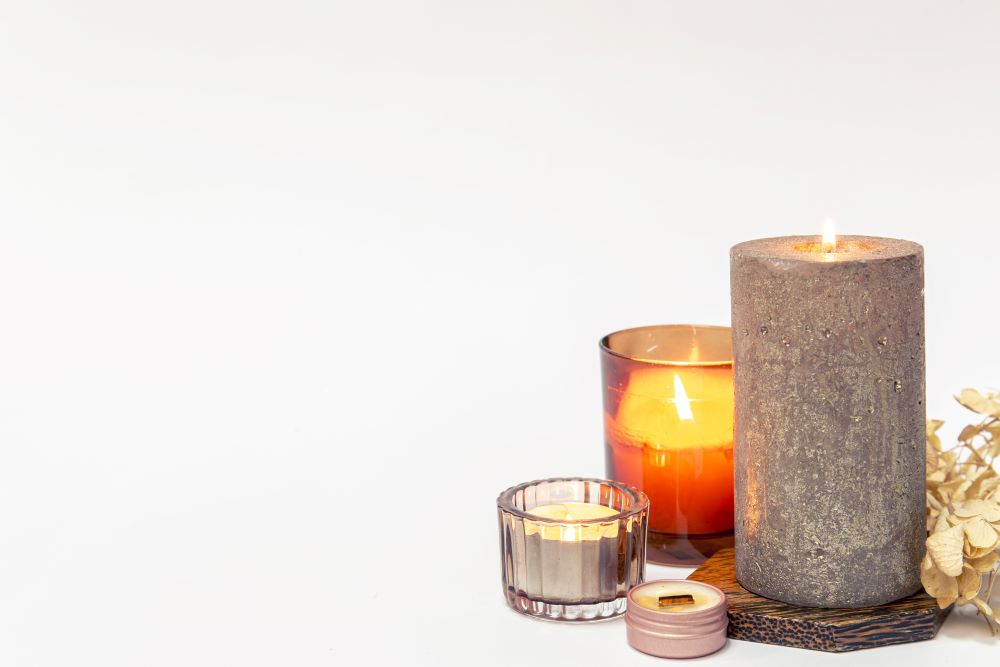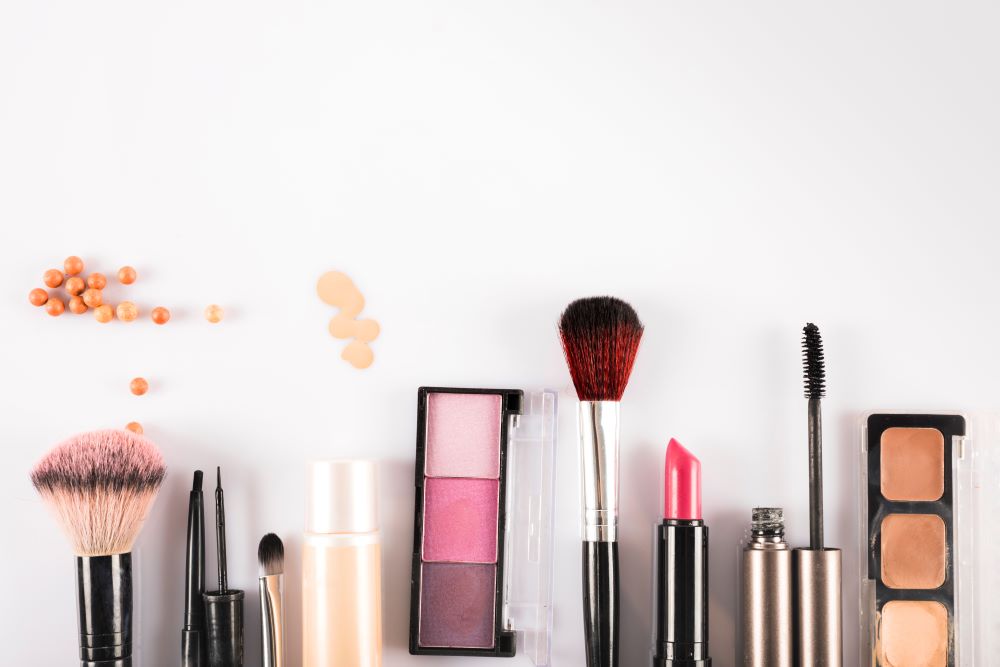Spring is here and we all know what that means: We’re opening up our windows, letting the sun and fresh air in, cleaning off appliances, window frames, and everything else that has collected dust during these winter months, and welcoming this new season into our homes. There are countless spring cleaning rituals, and cleaning habits in general, that serve the soul as well as the body. Unfortunately, however, there are also a wide variety of products we’re accustomed to using that contain harmful chemicals linked to free radicals and cancer.
The array of cleaning products that most of us rely on promises to make our spaces spotless and sanitized, and although they work well making our whitest whites even whiter, they also make use of toxic chemicals in high concentrations to get the job done. Recent studies have shed light on the potential dangers lurking in many of these products. Many everyday cleaning and lifestyle products have been linked to the creation of free radicals within our bodies and have been associated with an increased risk of cancer. So, when it’s time for spring cleaning in your home, take a look at your cleaning products as well as other products you’re using on a daily basis and evaluate the impact they may be having on your health and cancer risk.
Household cleaners and cancer: Spotless homes, high-risk for humans
Many conventional household cleaners, such as all-purpose cleaners, window cleaners, and bathroom cleaners, contain toxic chemicals like ammonia, chlorine, and formaldehyde. As we use these chemicals they release free radicals when they come into contact with air or water, leading to oxidative stress in the body when we breathe them in or they make contact with our bare skin. Oxidative stress occurs when there is an imbalance between the production of free radicals and the body’s ability to neutralize them with antioxidants. Prolonged exposure to free radicals can damage cells and their DNA, potentially leading to cancer.
Instead of using traditional name-brand cleaners, we recommend making your own surface cleaner with naturally-occurring products like lemon juice and vinegar that get the job done well and leave homes smelling fresh! Dish soap also works like a charm on many different surfaces; not just dishes. Limit your exposure to free radicals and figure out how to create your own safe cleaning solution here.
 All that smells well does not end well
All that smells well does not end well
Air fresheners are commonly used in public and private spaces to mask unpleasant odors and get rid of unwanted smells completely. Everything from scented candles to car fresheners and perfumes has been linked to causing cancer, specifically breast cancer. Commercial air fresheners contain harmful chemicals such as phthalates, formaldehyde, and volatile organic compounds (VOCs) that increase cancer risk. Similar to cancers caused by smoking, these chemicals are released into the air and inhaled, they generate free radicals in the body. And that means they aren’t worth it – no matter how good they smell! So, in the name of spring cleaning, let the fresh air in and toss the scented cancer-causing products out!
While long-term exposure to these products has been found to increase the risk of cancer, they also cause respiratory issues, worsened allergies, migraines, and other complications. To find out more about how scented products affect our breast cancer risk, read more here.
 Be careful with “self-care”
Be careful with “self-care”
It’s not just household cleaning products that can be harmful; personal care products can also contain ingredients linked to free radical generation and cancer risk. For example, certain shampoos, body washes, and hand soaps contain sulfates, parabens, and phthalates, which disrupt the body’s hormonal balance and trigger oxidative stress. Which, unfortunately, creates more free radicals within our bodies! Some cosmetics and skincare products that are long-lasting or water-resistant contain PFAS, or “forever chemicals”, which have been linked to birth defects, thyroid issues, and yes, cancer. Read more about how to avoid forever chemicals and decrease your risk of cancer with our previous blog post on holistic breast health.
Luckily, there are resources like EWG Skin Deep, a company that compiled a database full of commonly used cosmetics and personal care goods that could be products causing cancer. Take a look to see if your products contain harmful chemicals here.
And please take a peek at the many nontoxic products out there, there are so many to choose from!
Pick your produce carefully
Pesticides control pests in and around our homes, but they pose serious health risks, containing chemicals that (once again) generate free radicals when exposed to air or water, which down the line can cause cancer. Pesticides are linked to various types of cancers, most notably breast, prostate, and lung cancer, and they can be on anything from in-season strawberries to flown-in from out-of-state eggplants. Yes, we can help prevent breast cancer by washing our food! Our recommendation: buy organic, but we understand how expensive that can be, so the next best option is to wash produce with warm water and vinegar, as explained here. Prevent breast cancer food
Forever-chemicals and your kitchen
Yes, non-stick cookware is widely known for its convenience, but unfortunately, that convenience compromises our health. Non-stick pots and pans are hidden sources of free radicals because they are made with coatings consisting of per fluorinated compounds (PFCs), which can break down when heated and release toxic fumes. When these surfaces are scratched with other cookware items like metal spatulas, forks, or knives, this interruption of the surface’s protective seal allows per- and polyfluoroalkyl substances (PFAS, or forever chemicals) to be released into the surrounding air and food. Ingesting these chemicals is, of course, not advised and leads us to consume cancer-causing free radicals at an alarming rate.
Some of our favorite alternative cookware is made of cast iron. Not only is cast iron easy to care for and heavy-duty, cooking with it also increases our iron intake, a mineral crucial for human health.
Unfortunately, some of our favorite household products may be causing us more harm than good. Products causing cancer must go! Although there is no way to ensure we won’t develop cancer at some point in our lives, living a life in which we minimize contact with these products significantly lowers our risk and might just stop breast cancer and other kinds of cancer from developing altogether. Check the labels on your cleaning and cosmetics products to see if they contain any of the chemicals we mentioned in this article. If they do, toss them and start anew! That’s what spring cleaning is all about anyway, right?
Pawsitively4Pink is a breast cancer nonprofit organization dedicated to providing direct financial aid to underserved women in our local area in Massachusetts. If you’re passionate about our cause, please check out our website for how to get involved. And if you or someone you know battling cancer needs direct financial assistance or a community to lean on, don’t hesitate to get in touch.

